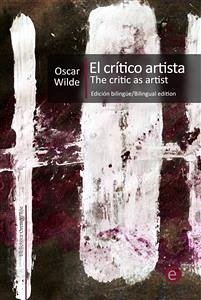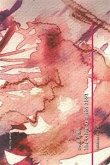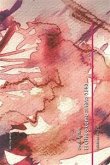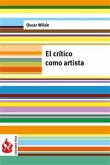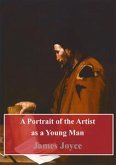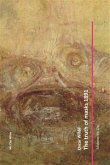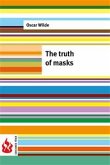El ensayo pretende desbaratar la distinción entre arte y crítica tan estimada por artistas y críticos tales como Matthew Arnold o James Abbott McNeill Whistler sólo el espíritu crítico posibilita cualquier creación artística de modo absoluto, mientras que la crítica es independiente del objeto que critica y no está necesariamente sujeta al mismo. El ensayo aboga por la vida contemplativa frente a la vida activa. Según Gilbert, el principio científico sobre la herencia demuestra que nunca somos menos libres ni tenemos más ilusiones que cuando tratamos de actuar con un propósito consciente en mente. La contemplación crítica se guía por el sentido estético consciente, así como por el alma. El alma es más sabia que nosotros, es la experiencia de la raza concentrada, revelada por la imaginación. La crítica está por encima de la razón, la sinceridad y la imparcialidad; es necesariamente subjetiva.The essay sets to collapse the distinction between fine art and criticism cherished by artists and critics such as Matthew Arnold and James Abbott McNeill Whistler - only critical faculty enables any artistic creation at all, while criticism is independent of the object it criticises and not necessarily subject to it. The essay champions contemplative life to the life of action. According to Gilbert, scientific principle of heredity shows we are never less free, never have more illusions than when we try to act with some conscious aim in mind. Critical contemplation is guided by conscious aesthetic sense as well as by the soul.
Hinweis: Dieser Artikel kann nur an eine deutsche Lieferadresse ausgeliefert werden.
Hinweis: Dieser Artikel kann nur an eine deutsche Lieferadresse ausgeliefert werden.

